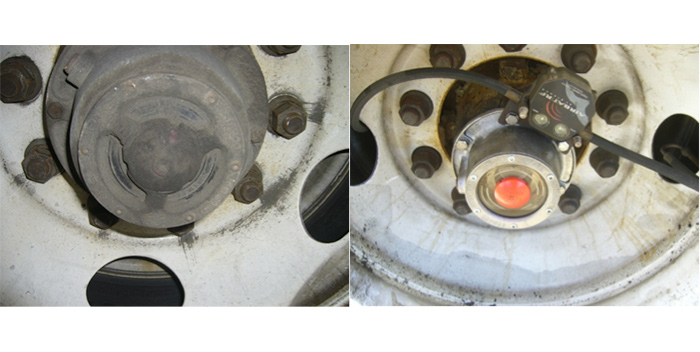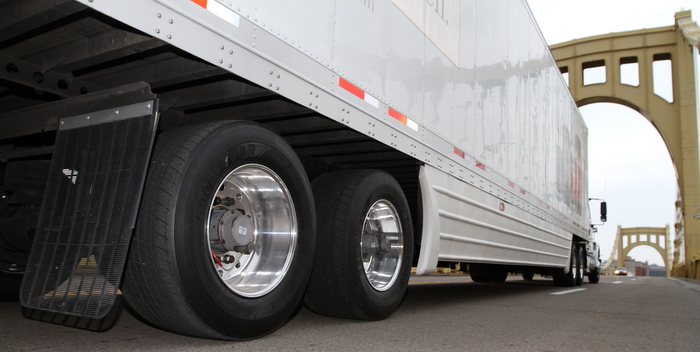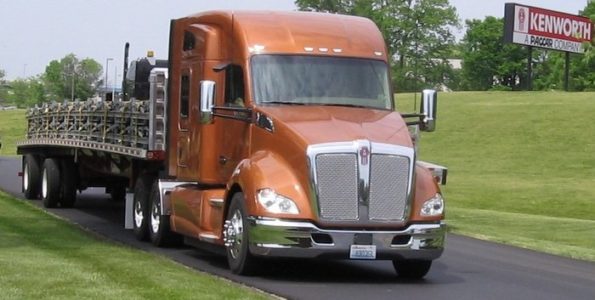As they travel the North American roads, vehicles are under continuous assault from acids, bird droppings, insect and animal remains, miscellaneous gunk, road salts (especially this time of year) and other contaminants. In the road war against corrosion, grime and muck, the best strategy to combat the assault is keeping a clean fleet.
“Keeping your fleet clean is a very important part of a company’s maintenance program—both for longevity of the equipment and brand image,” says Jim Hill, president of JIM Mfg., Inc., a manufacturer of a mobile brush wash system designed for fleet operation care. “Regular fleet washing reduces overall vehicle maintenance and keeps the fleet in prime condition,” Hill adds.
The road grime, salt and dirt build-up contribute to premature wear on dozens of vehicle parts (dirt can work its way into the mechanical areas of the tractor-trailer, creating extra weight and potential wind resistance), along with wear on the exterior finish, if not addressed. Washing all that away, however, can reduce or minimize repair costs for fleet operators. As well, a dirty surface has more drag than a clean one, so keeping a trailer clean will save money on fuel for the long haul.
While the impact to the bottom line in reduced repair and fuel expenses is quantifiable, the return on investment is somewhat more intangible, but no less impactful, for a fleet operator’s image. “The single most important factor in a first impression is appearance; we often hear this applied to people, but it’s equally true of places and products,” notes Hill. A clean vehicle, of course, makes a more positive impression than a dirty one.
“A clean fleet directly reflects positively on an operator,” says Hill. “The vehicles represent the company to the public and customers. There’s a reasonable assumption that if a company is committed to this level of maintenance, there’s an equal commitment to overall maintenance. By extension, this contributes to an overall positive impression of the company.”
The advantages of having a clean fleet of trucks are:
• A good reflection on the company
• A positive example to the driver
• Better impression for the DOT
• Emphasis on customer satisfaction
• Less road dirt on the truck either weighing it down or causing wind resistance
• Reduced opportunity for winter road treatments to adversely affect the equipment
The ramifications of a dirty truck are many, as noted. The build-up of various road salts such as sodium chloride, calcium chloride and magnesium chloride this time of year especially, can lead to rusting and corrosion. The solution is simple, keep vehicles clean. Make sure truck washing is a part of the regular maintenance schedule.









